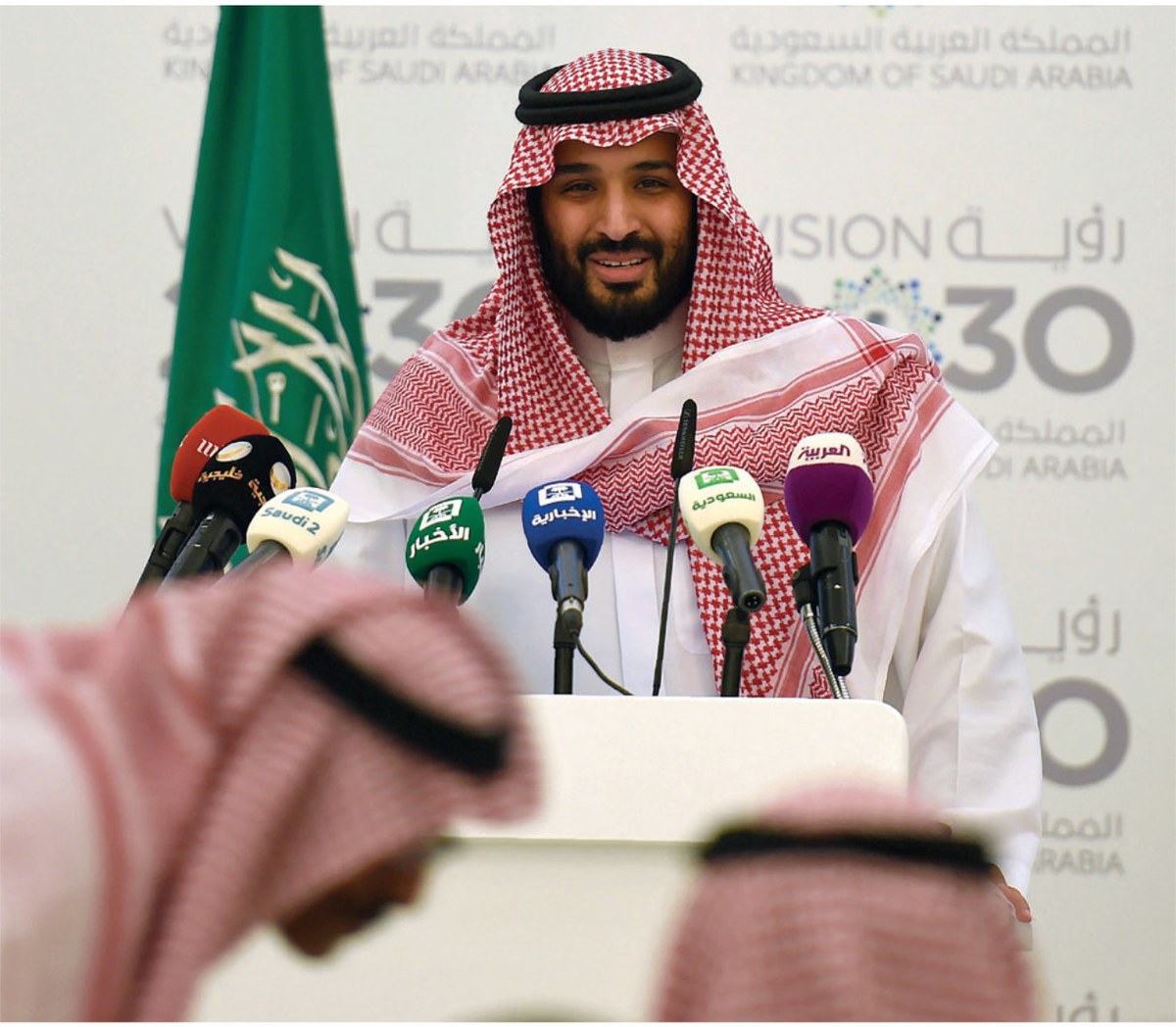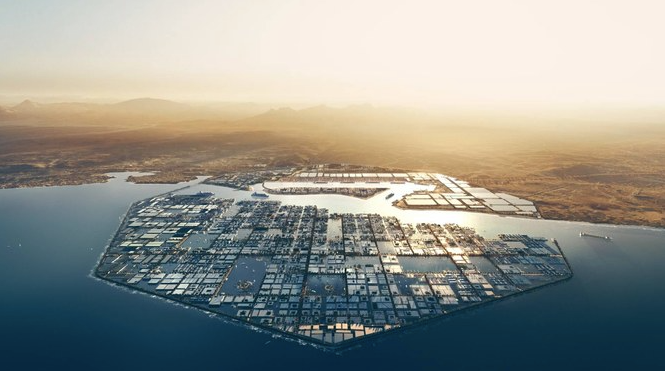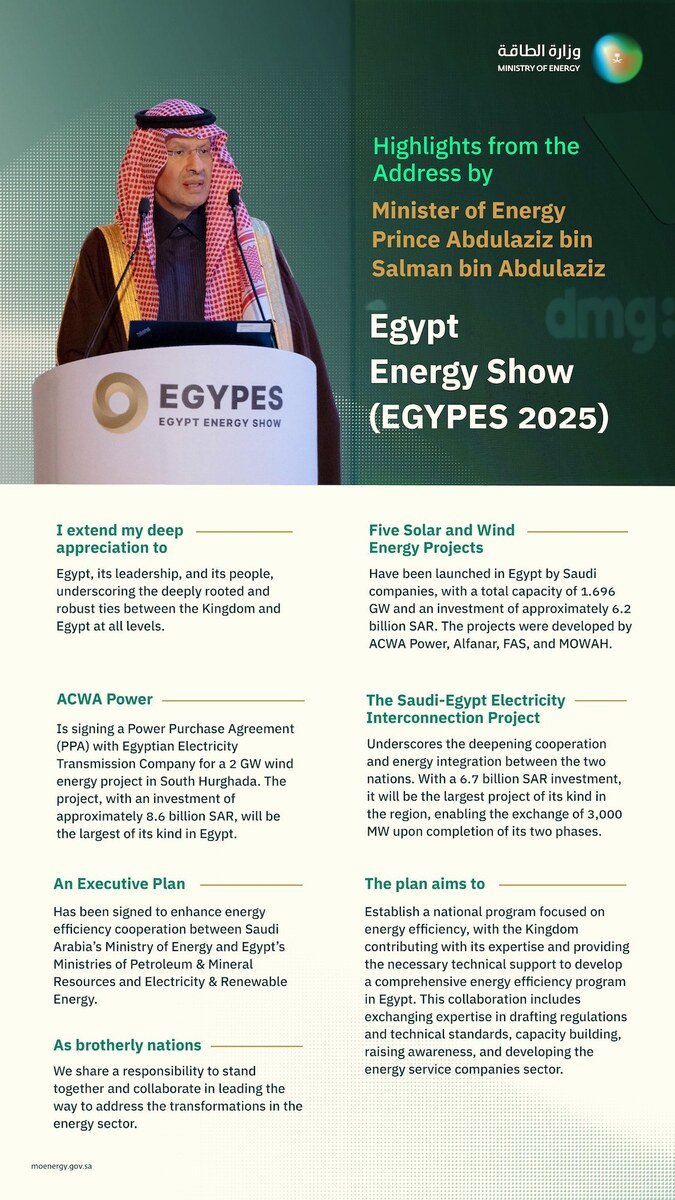RIYADH: What extraordinary feats did Saudi Arabia accomplish to see itself ranked ahead of China, Germany and the UK on a global measure of economic competitiveness?
On its eighth anniversary, Saudi Vision 2030 has reached several remarkable milestones and made steady progress since its inception by Crown Prince Mohammed bin Salman, revealing a transformative journey that continues to reshape the Kingdom’s future.

Vision 2030 has crossed several milestones and made steady progress since its unveiling by Crown Prince Mohammed bin Salman in 2016. (SPA photo)
“It is an ambitious yet achievable blueprint, which expresses our long-term goals and expectations and reflects our country’s strengths and capabilities,” the crown prince said at Vision 2030’s launch in 2016.
“All success stories start with a vision and successful visions are based on strong pillars.”
According to a competitiveness report by the Swiss-based International Institute for Management Development, the Kingdom ranks third among G20 nations on this metric, and 17th among all countries.
Just what are the achievements the Kingdom has made to secure this high global ranking among competitive countries?
According to the latest annual Vision 2030 bulletin, Saudi Arabia achieved significant progress in four competitiveness factors evaluated in the report.
It leaped to sixth place in economic performance, advanced to 11th in government efficiency and 13th in business efficiency, while holding steady at 34th in infrastructure ranking.
Other performances include that the Kingdom is third among G20 countries, fifth globally in the financial market index, and second in the cybersecurity indicator.
PIF: An investment powerhouse
As the most crucial driver of economic diversification and the revitalization of vital sectors, the Public Investment Fund possesses leading investment portfolios.
These are designed to direct investments toward diversifying the economy, developing infrastructure, stimulating innovation, and strengthening global economic ties.

The Oxagon, located on the Red Sea in the Kingdom's northwest province of Tabuk, is being built as a home to advanced and clean industries in NEOM. (Supplied)
The fund has broadened its portfolio to encompass promising sectors with significant growth potential, covering everything from tourism and entertainment to financial technology, gaming, and sports.
Its investment competence has swiftly increased, positioning PIF as a global leader in capitalizing on economic opportunities at both national and international levels.
Strides in the logistics sector
Since the launch of Vision 2030, Saudi Arabia has been unlocking the potential of the logistics sector, capitalizing on its strategic location and unique capabilities to become a leading hub.
This focus has begun to bear fruit, with a series of achievements reinforcing the Kingdom's global status in the logistics arena.
Progress in this arena was underlined when Saudi Arabia leapt 17 places in the World Bank’s Performance Index, advancing from 55 to 38.
Additionally, the Kingdom saw an eight-place advancement in Lloyd’s List Global Ranking for Container Handling Among the World's Top 100 Ports, from 24 to 16.
Furthermore, the Kingdom made its most significant jump in the International Air Connectivity Index, moving from 27th to 13th place, according to the report by the International Air Transport Association.
Business efficiency
Since March 2020, the Saudi Business Center has delivered 2.5 million services to the private sector through its 17 branches across the Kingdom.
These services aim to streamline business startup processes and offer various related services, following international best practices.
This approach helps attract investments and creates a supportive environment, with high-quality services provided efficiently to the business sector.
The Vision 2030 report noted that the Kingdom moved up in the National Entrepreneurship Context Index from fourth to second place, a result of achieving a top ranking in several sub-indicators, revealing continuous development and a competitive global position in the entrepreneurship sector.
Saudi Arabia also ranked first in several sub-indicators for 2023, including indexes which measure the ease of starting a business, fear of failure, and individuals’ skills and knowledge. The Kingdom was also top for metrics building great wealth, knowing someone who started a new business, and the availability of good opportunities to start one.
Saudi Arabia has made significant progress on the global stage, which means that it has already mastered the smaller-scale challenges.
It led the Middle East and North Africa in venture capital investment by value for 2023, according to a report from the startup investment data platform MAGNiTT.
This top ranking reflects the Kingdom's efforts over the past several years to create an encouraging and supportive environment for entrepreneurship and investment in startups, fostering the growth of the private sector and providing more economic opportunities.

Men walk at the campus of the King Abdullah University of Science and Technology in Thuwal. (Supplied)
Transport infrastructure
The transportation sector is crucial for sustainable development and plays a key role in improving safety by enhancing roads and implementing advanced transportation systems.
These efforts help reduce road accidents, injuries, and fatalities, creating a safer environment and boosting overall quality of life — all part of the goals of the National Transport Strategy, within the framework of Vision 2030.
The report outlined traffic safety indicators and highlighted that the road fatality rate dropped from 28.8 per 100,000 people in 2016 to 13.3 by 2022.
It also noted that the injury rate fell to 71.67 injuries per 100,000 individuals in 2022.
Competitive financial market
Saudi Arabia’s financial market has experienced significant growth and activity since Vision 2030 was announced, demonstrating the strength and robustness of the Kingdom’s financial sector.
The Kingdom was ranked fifth globally — and third among G20 countries — in the Financial Markets Index, according to the 2023 International Competitiveness Yearbook by the World Competitiveness Center.
The number of financial technology entities in 2023 reached 216, far exceeding the target of 150. This indicates rapid growth and development in the financial technology sector.
Furthermore, the number of listings in the financial market for 2023 reached 43, surpassing the target of 24, indicating increased interest from companies to list on the market.
This growth is a positive sign of investor confidence and the attractiveness of the market for public offerings, as the total number of listed companies is now 310, indicating a diverse and extensive market.
A high percentage of micro and small enterprises listed on the market, at 76.7 percent compared to the target of 44 percent, demonstrates that even smaller businesses are finding opportunities to go public, according to the report.
Saudi Arabia’s story of transformation has many authors, including the government, Saudi citizens, the private sector, and international partners.
In 2023, their combined efforts made Saudi Arabia an even better place to live, work, and visit.
Together, they are writing the next chapter in 2024 — a year of unrivaled opportunity for the Kingdom and anyone who wants to be part of the story.


























